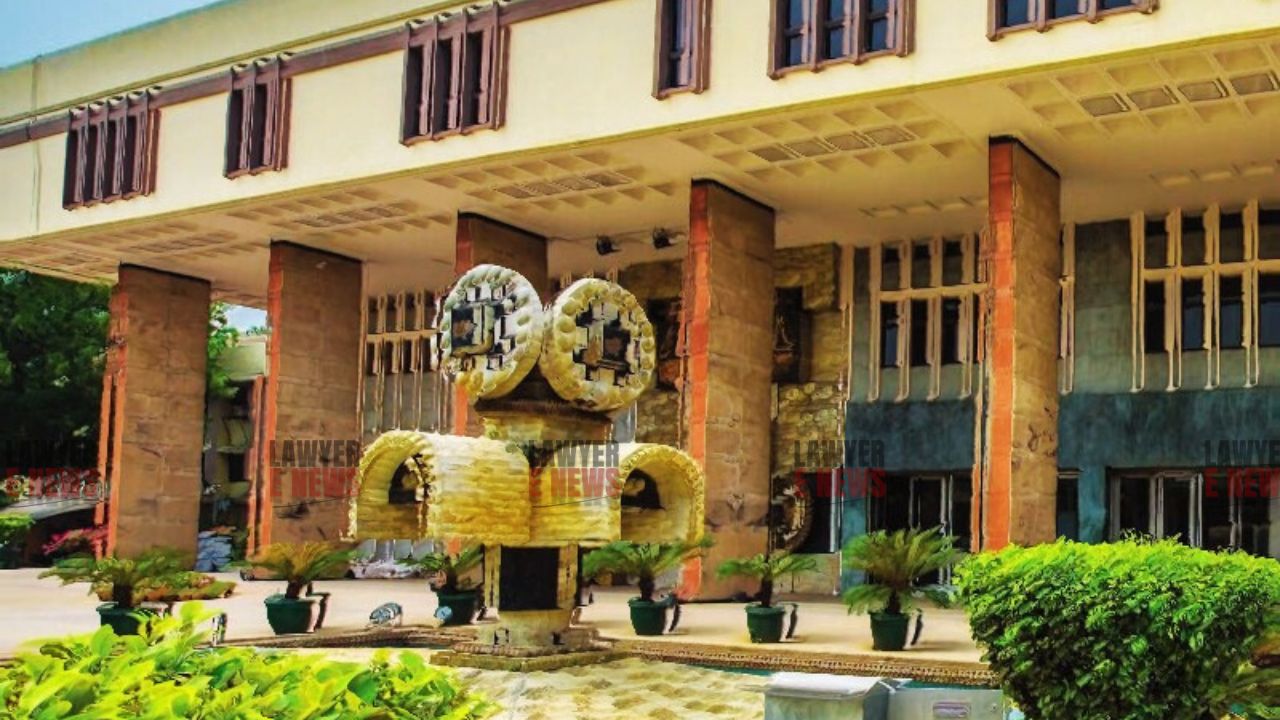-
by Admin
15 February 2026 5:35 AM



The ordinary principle of reinstatement with full back wages upon finding termination illegal due to procedural defects, such as under Section 25F of the Industrial Disputes Act, is not automatic. Compensation may be a more appropriate remedy. — Delhi High Court Delhi High Court issued a significant ruling in the case of Punjab National Bank vs. Manoj Kumar, emphasizing that mere violation of Section 25F of the Industrial Disputes Act (ID Act) does not necessarily entitle the worker to reinstatement with full back wages. The court modified an earlier award by substituting the worker’s reinstatement with monetary compensation, setting a precedent for similar cases involving ad-hoc or casual employment.
The dispute arose when Manoj Kumar, an ad-hoc sweeper employed by Punjab National Bank (PNB) from September 1993 to December 1997, was terminated without prior notice. Kumar approached the Central Government Industrial Tribunal-cum-Labour Court, claiming that his termination was in violation of Section 25F of the ID Act, which mandates notice and compensation for retrenchment. The Tribunal found in his favor, ordering reinstatement with full back wages but denied his request for regularization.
Both parties appealed the decision before the Delhi High Court, with PNB challenging the reinstatement order and Kumar seeking regularization.
The two primary legal questions before the court were:
Reinstatement and Back Wages: Whether the Tribunal's order to reinstate Kumar with full back wages was justified under the law, particularly considering his ad-hoc employment.
Regularization: Whether Kumar was entitled to regularization of his services despite not being formally appointed through a due process of selection.
The court referred to precedents set by the Supreme Court that highlight a shift from the automatic grant of reinstatement with full back wages for procedural violations. Citing Jagbir Singh v. Haryana State Agriculture Marketing Board (2009) and BSNL v. Bhurumal (2014), the court noted that while illegal termination under Section 25F entitles a worker to some relief, reinstatement is not automatic. The court observed that Kumar’s status as a daily-wage worker engaged on an ad-hoc basis for 1553 days warranted compensation rather than reinstatement.
"While reinstatement is an appropriate remedy in cases of regular employees, for daily-wage or ad-hoc workers terminated due to procedural lapses, monetary compensation is often the better approach to serve justice." — Delhi High Court
On the issue of regularization, the court relied on the landmark judgment in Secretary, State of Karnataka v. Uma Devi (2006), which held that employees appointed without following a regular recruitment process cannot claim regularization as a matter of right. The court also pointed out that Kumar's tenure of 1553 days did not entitle him to regularization under the law, as there was no sanctioned post against which his services could be regularized.
The court modified the Tribunal’s order by replacing the relief of reinstatement with monetary compensation of ₹2,50,000 to Kumar, in line with judgments that stress the non-automatic nature of reinstatement for ad-hoc employees.
The court also upheld the Tribunal's rejection of Kumar’s demand for regularization, reinforcing the principle that irregularly appointed workers cannot seek regularization unless their appointment follows the requisite legal process.
This judgment reinforces that reinstatement with full back wages is not a guaranteed remedy in cases involving ad-hoc or casual employment. The court’s decision to substitute reinstatement with compensation is a landmark ruling that aligns with evolving jurisprudence under the Industrial Disputes Act, ensuring fairness to both employers and employees.
Date of Decision: October 16, 2024
Punjab National Bank vs. Manoj Kumar
